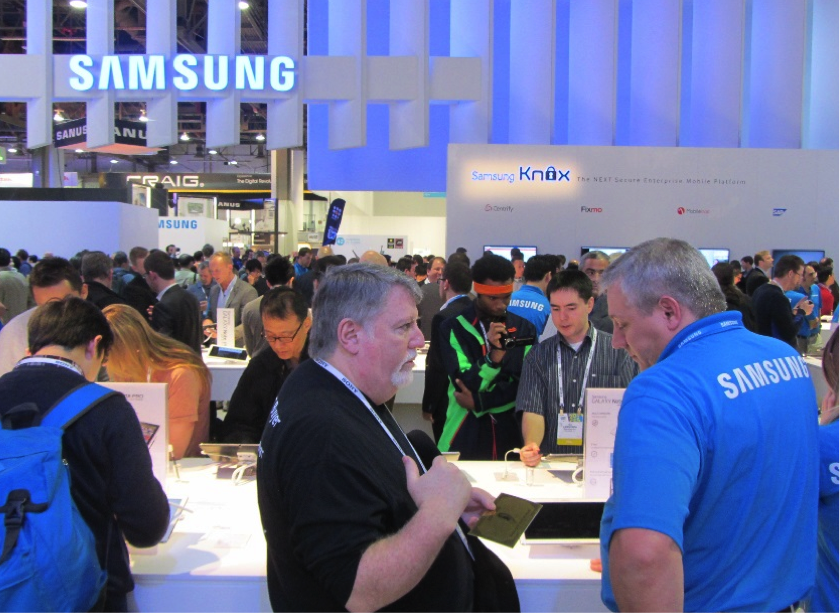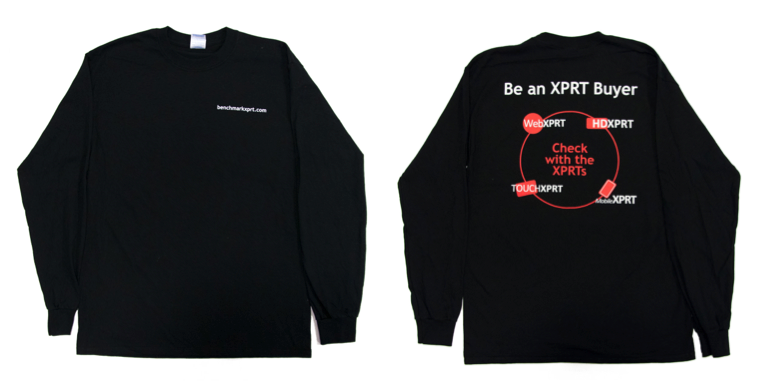As we’ve been saying the past couple of months, we’re working on a benchmark for Chrome OS. The experimentation phase is winding down, and we are starting to shape the code into a useable benchmark. The design plan will leverage existing WebXPRT tests, of course. However, we’ve gone far beyond that. The benchmark will include video playback, 3D modeling via WebGL, and even an HTML5 game. The test also uses Chrome OS’ native execution capability. The benchmark will actually use the Portable Native Client (PNaCl), as PNaCl is the recommended tool chain for native client. It also gives the benchmark the ability to run on more platforms.
As we mentioned before, we’re including a battery test as part of the new benchmark. So far, we haven’t found a way to remove the requirement to put the device in developer mode for the battery test.
Next week, we’ll publish a design document for the community to review. As always, the design document is based on the comments and suggestions we received combined with our own research and experimentation.
Eric















